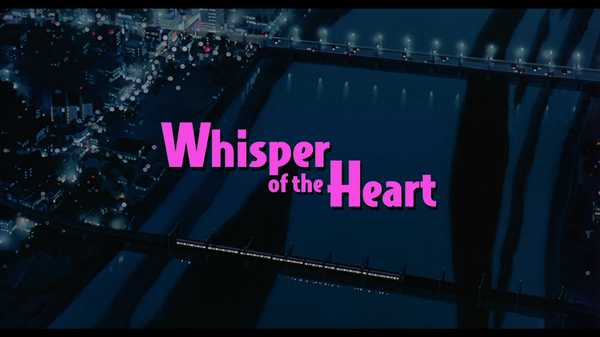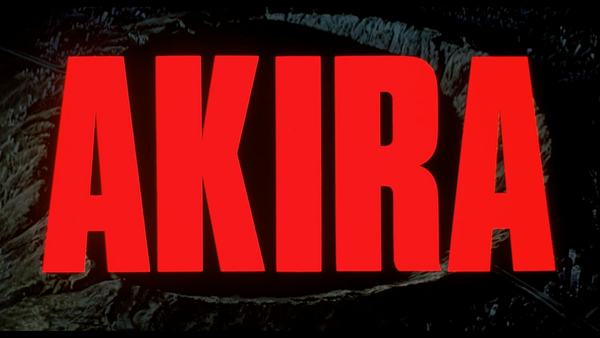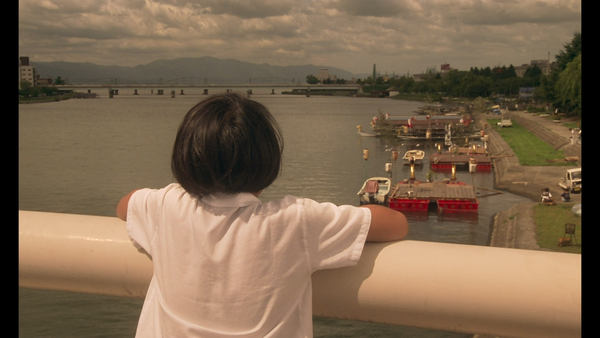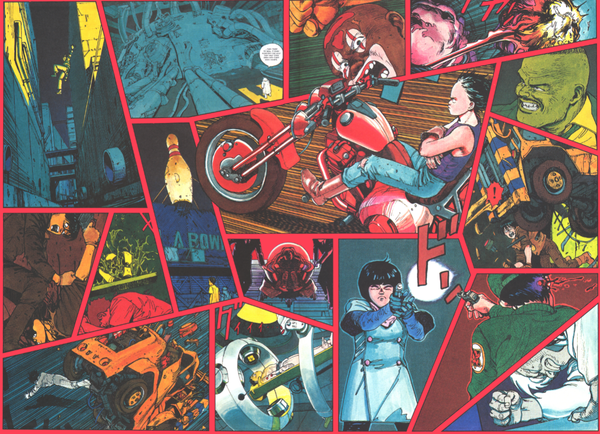On Library Anxiety
While we live in this flawed world, we should find ways to create joy in the collecting process.
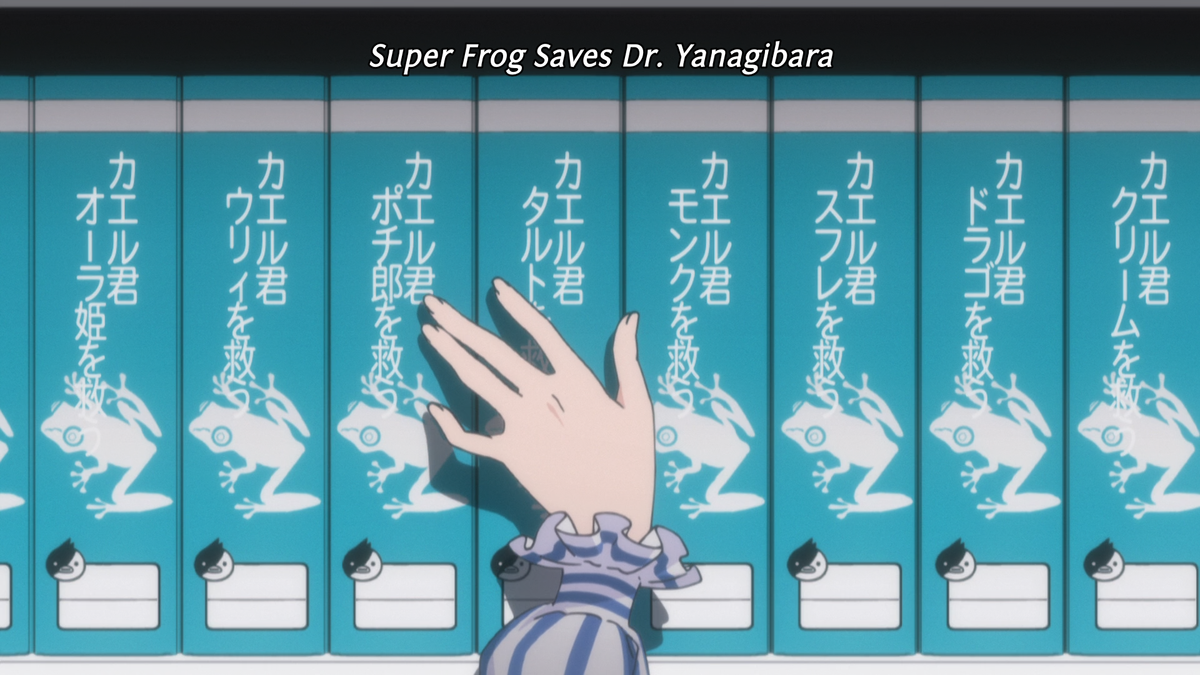
My love of collecting and organizing media for my personal library began at a young age. As a (likely) neurodivergent person, one of my favorite childhood activities was laying out my parent’s VHS collection on the ground and just looking at them. There’s always been something special to me about physical media. Maybe it’s the tactile quality of holding the work in your hand and having to engage with it by turning the page or placing it in a disc player. Maybe it’s the craft that goes into designing covers and DVD menus or editing special features. Either way, the result is that I’ve accumulated a pretty large library of physical novels, manga, movies, anime, video games, and CDs over the years. During my most recent move, a majority of the boxes I had to transport via Uhaul were filled with my media library.
Theoretically, this should fill me with a sense of accomplishment. After all, it takes a lot of time and dedication to pull together a large physical media library. I’m only in my late twenties and the collection I have is probably bigger than most others in my generation. And certainly, I did feel a twinge of satisfaction when looking at my media as I unboxed it. There’s something so pleasant about how, at any time, I’m able to take something off the shelf and remember past experiences with the art in my hand: the last time I turned its pages or placed it in a disc player. However, there was also a kind of undercurrent of anxiety during this move. Should I really own this much media? The boxes were a hassle to pack and heavy to carry from place to place. Over the course of the next several decades of my life, I’ll have to repeat this process time and time again. Wouldn’t it be better to live more minimally? Some of these books I haven’t read in years, many of the video games I haven’t touched in a decade.
I want to preface the rest of this post by clarifying that I understand that this “library anxiety” is only really possible due to privileges I possess. I’ve been lucky enough to grow up with the ability to save money and use it to purchase media that interests me without much restriction. For many people, media collecting is a hobby that is out of reach due to financial limitations and the difficulty of accessing materials. Some of the latter has been eased by the advent of online storefronts (I know I wouldn’t be able to collect a lot of the anime and manga I have if it weren’t for websites like the now defunct Rightstuf.com), but the former is eternally relevant, especially today when people of my generation have a lower quality of life than their parents. So, in some ways, I wonder if making this post is a little gauche. Still, I think this type of anxiety I have around collecting could speak to people like me and collecting media intersects in interesting ways with modern trends of overconsumption. Plus, maybe by excising these anxious thoughts from my head, I can in some way help alleviate these looping trains of thought.
To jump off that mention of modern overconsumption, this is one of the biggest reasons I often find myself coming back to reducing the size of my personal library. Back when I graduated undergrad in 2020 during the middle of the pandemic, I was hit with this overwhelming dread as I looked at my library consciously for the first time in a long while. For the preceding years, I had been a very passive collector. If I went to a bookstore, I would always come out with a new book or two. I was often an impulsive purchaser as well, particularly when it came to anime or manga. When something caught my eye and was on sale on Rightstuf.com, I would most likely hit the purchase button. This resulted in me having a library of media that was quite large, but consisted mostly of things I had never actually watched, read, or played. Faced with the newly acquired free time I had post-graduation, I realized that there was a lot of stuff in my various collections of mediums that I not only had never engaged with, but also had at that point lost all motivation to experience. This was most applicable to my video game library. To be clear, I do like video games! Some of my favorite storytelling experiences have taken the form of video games–I think it’s a special and unique medium due to the way it combines elements of all art mediums with game design and player interactivity. However, I had always been a more casual fan of the medium compared to peers and found myself gravitating toward anime, films, and novels more often than not. So this expansive library of fifty plus hour JRPGs I had accumulated was a little daunting to say the least. I was never going to have the time nor the inclination to play all of them, and similar things could be said of the dozens of unread books I owned or the anime DVDs and blurays I had blind bought during sales.
This began what I will call the first cull (though I imagine some readers might be more familiar with the term un-haul). Certainly, there had been times when I had spring cleaned in the past, but never to this extent and never with so much media that I had barely touched. Some people would likely flinch at the task, it could feel like throwing money out the window at times, but I felt a great motivation to do it. The weight of all these accumulated objects had crashed down on me and I found their presence overbearing. In retrospect, there was a panicky, flustered quality to this moment likely caused by my, at the time, undiagnosed anxiety disorder. Looking back on it, I should have approached this drive to donate and reduce my library with a bit more patience and care instead of what actually happened, which was me mad dashing big boxes of media to my local library and Goodwill.
Still, I find it hard to say I regret this change in attitude or getting rid of pieces of media I ended up donating (though I maybe regret donating so much to Goodwill. There really are better donation options, especially if you live in big metropolitan areas). There are a few pieces that I regret giving up: I've recently found myself wanting to go back and try Dragon Quest V on DS, but now all copies of it are upwards of one hundred dollars online and in retro game stores. For the most part though, I’ve found that I’ve rarely if ever repurchased something I donated away. At most, I’ve ended up borrowing a library copy of the same blu-ray I once impulsively purchased a few years back. These days, my library is quite curated and I feel like every piece in it says something about my taste in art. This is particularly true after I went ahead and watched all the blu-rays I own. At this point, there’s very little in my library that I have not read, watched, or played. There’s a certain satisfaction that comes with every object in a library having that sense of purpose and history to it.
I’m glad to have ditched that mindset of impulsive and passive purchasing, which has become common in the age of social media. Many online communities form themselves around images of overconsumption. This is especially the case in niches where influencers have been able to acquire sizable audiences, like in the spaces of online book communities such as Bookstagram, Booktok, or Booktube. Bookfluencers, as some have taken to call them, often create videos or content based around book hauls where they go to Barnes and Noble and purchase dozens of books. The result is that a common image you see across book community content online are these massive libraries on wall to wall shelves. It’s gotten to the point where there have even been counter-trends of people trying to and advocating for purchasing less (for more information on these subjects, I’d recommend these two videos by the Youtube channel According to Alina. Her videos have partially inspired my thoughts and this and I recommend her channel in general).
In this digital age where creators online often have to take sponsorships and brand deals to make a living, the result is communities driven by a kind of passive consumerism. A content creator or influencer recommends a new book and the members of the community then go out and purchase it without considering if maybe it's even a book they want on their shelf long term. Of course, purchasing more books is not the biggest problem to have, but it can spiral out of control over time if all you ever do is passively purchase new media until one day you open your eyes and realize you own dozens of books you’ve never read and aren’t really planning on reading.
To me, the solutions to these problems are relatively simple: purchase media more consciously and make a greater effort to try before you buy (or potentially try and not buy at all). The easiest way to do this involves making use of resources like your local library; and I’m not just saying that because I’m about to go to grad school to become a librarian! Libraries are a great place to try media. They often have large collections of not just books, but movies, CDs, and potentially even video games depending on where you live. Considering how prices on all these items are increasing these days, this makes it a great resource to save money. A lot of times using the library allows you to experience a piece of media you might not have tried otherwise. When it costs nothing except your taxes at the end of year, the barrier to entry is much lower. And if you end up finding something you want on your own shelf, the good news is that it likely is still out there at a retail store waiting to be purchased. Unless the media is out of print, but finding out of print media via your library and its services is a topic for another post…
Streaming services can also be a good place to accomplish similar things–I know many of the movies in my library are ones I discovered via streaming–but they are much more limited and come with their own unique issues. It’s important to remember streaming services often utilize algorithms, which endlessly feed you new shows or music to try out. Compared to the library where you can browse a curated selection of titles or get recommendations from a librarian, it’s a much more passive experience, and can result in a similar cycle of overconsumption. I recently experienced a big burnout with music lately for this reason due to the constant drip feed of new albums I was receiving on Spotify, my previous music streaming platform of choice. The sheer over saturation of music recommendations got me to the point where I was listening to new albums weekly, but not fully absorbing any of them. Still, if used consciously, these services can be a cost-effective resource in a similar way to your local library. Though, as a potential future librarian, I really do recommend libraries more if you are looking to consume more consciously and save your money at the same time. Streaming services do come with subscription fees after all.
With all this information in hand, you might be like myself five years ago and be ready to pursue a more conscious form of collecting, or maybe more dramatically get rid of your media collections altogether in the pursuit of a more minimalist lifestyle. I want to emphasize though that it's important to keep a nuanced perspective on collecting as a hobby. In some ways, this desire to maximize the efficiency of one's library can turn into its own kind of messy compulsion. Before I would impulsively purchase media, but now I often find myself impulsively getting rid of media if it sits on my shelf for too long. There’s a mindset one can risk entering in the extreme where one believes you should only ever own things that you utilize frequently. This is another form of capitalist delusion–the idea that all monetary purchases must carry with them an intrinsic value for the purchaser and those that don’t are “bad purchases.” It’s a mindset that generally starts from a rational and potentially good-natured place. In an age of overconsumption where many industries create more products than can be sold, leading to more environmental waste and degradation, it makes sense that some would turn to a minimalist lifestyle. I generally agree with some of the people who have kickstarted these trends like Mari Kondo, whose mantra of only keeping stuff that brings you joy has helped me out in many situations. However, taken to its extreme, it turns into just another way of prioritizing efficiency and productivity over the emotional or sentimental. Purchasing is not an inherently logical act. People would be more honest with themselves if they were able to admit this fact and let themselves indulge in their hobbies without guilt or shame at the lack of productivity associated with these purchases.
Besides, media “ownership” in itself is kind of a slippery concept. When I purchase a piece of media, I’m not doing it because I am looking to extract some kind of valuable resource from it. Rather, I’m exchanging money for a copy of the media that then hopefully goes back to the publishers and creators to help them continue creating more work. It would be lovely to live in an ideal world where all art is free and artists can live without having to sell their work. In this world, we would not view media collection as ownership, but rather merely borrowing a copy that we can exchange with others as we like. Every library would be a public library and we would not worry about giving up our media because it would always be accessible either digitally or physically without monetary restriction. Alas, we do not live in this world, so collecting becomes a hobby of preserving the media we love and making sure we have access to it when we want and in a format we enjoy.
While we live in this flawed world, we should find ways to create joy in the collecting process. Rather than focus on efficiency and the negative side of it, we should be conscious, but optimistic. There can be a middle ground where collectors purchase things they love and grow their collections, but do so in a sustainable way where they actually engage with the media they purchase rather than over-collecting until they end up having to donate a majority of their libraries away. As much as I find myself skeptical of collecting media as a hobby, there is still nothing quite like the joy of getting a new volume of manga and savoring every page or receiving a new blu-ray and watching it for the first time. These are pleasures I could never give up.
